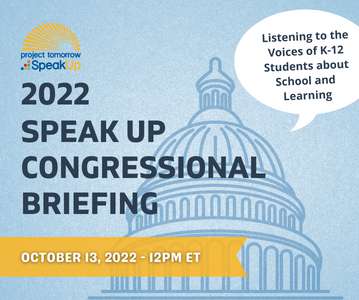U.S. K-12 Educational Technology Policy: Historical Notes on the Federal Role
Doug Levin
APRIL 21, 2016
Note that the last category is the most subjective and one might reasonably argue some reports (including those conducted under contract with the U.S. Federal Program Evaluations and Program-Related Reports: The First-Year Implementation of the Technology Literacy Challenge Fund in Five States (American Institutes for Research, 2000).














Let's personalize your content